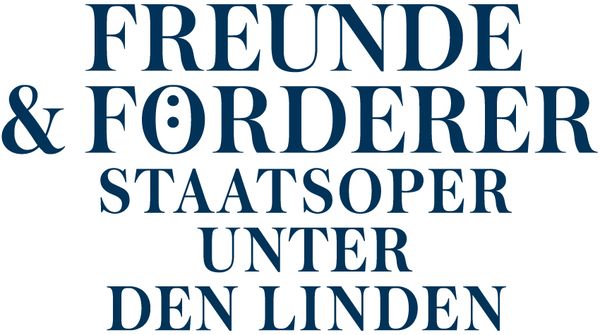SCENE ONE
Woglinde, Wellgunde, and Floßhilde play a cruel game. They flirtingly tease Alberich, who in vain is trying to court their favor. Mercilessly mocked and humiliated, he boils with rage.
From the idle chatter of the three, Alberich has learned that whoever wins the Rhinegold and uses it to make a ring will attain limitless power. But for this, he must voluntarily renounce love. Blinded by the idea of ruling the entire world, Alberich curses love.
SCENE TWO
Wotan is full of joyous anticipation. He can finally take possession of his greatest work, the newly constructed Valhalla.
He gets into an argument with his wife Fricka, who is worried about the price that Wotan has recklessly promised Fasolt and Fafner for completing the building: her sister Freia.
According to their contract, Freia is to follow Fasolt and Fafner. Despairingly, she begs for protection, but Wotan in fact does not intend to surrender her. He relies on the promise of Loge, who has assured that he would find a way out of the difficult situation. But Loge isn’t anywhere to be found.
Fasolt and Fafner appear and demand their reward for building Valhalla. Wotan stalls, saying that it was just a joke when he promised to surrender Freia to them, and asks them to propose an alternative payment. But Fasolt, who is in love with Freia, will hear none of this. He suspects that Wotan is trying to renege on the contract. The situation escalates.
Loge appears and reports that he has travelled the world and not found a single man who would sacrifice the love of a woman for everything else. Only a certain Alberich renounced love in exchanged for an enchanted gold treasure and world domination. Fafner, impressed by such prospects, proposes a new offer: they would be ready to accept the mysterious Rhinegold as the price for building Valhalla instead of Freia. But for the time being, they would take Freia hostage.
Freia’s kidnapping leaves everyone dejected, suffering the pain of her loss. Wotan decides to steal the Rhinegold from Alberich to purchase Freia’s freedom. Together with Loge, he makes his way for Nibelheim.
SCENE THREE
In Nibelheim, Alberich, who has forged the ring, rules with limitless power, tormenting and oppressing the Nibelung.
He has forced Mime to create a helmet, the Tarnhelm, that makes him invisible and able to take on any form. He constantly terrorizes and humiliates Mime.
Wotan and Loge meet the utterly exhausted Mime, who secretly tells them about their fate and about Alberich and the helmet.
Alberich does not trust the visitors, but shows off, threatening them, speaking of his power, and saying that he would soon rule the whole world.
Loge cleverly tells Alberich that he would only believe in his powers if he saw a transformation before his very own eyes. Alberich dons the helmet and shows Loge and Wotan how he can transform into a dragon. When he then transforms himself into a small toad, the two capture him, tie him up and take him away with them.
SCENE FOUR
Loge und Wotan tell the imprisoned Alberich that he would regain his freedom if he leaves them the entire gold treasure. With the help of the ring, Alberich summons the Nibelung and orders them to bring all the treasure. Loge forces Alberich to surrender the helmet as well, and Wotan takes the very last thing from him, the ring. In powerless fury, Alberich casts a curse: the ring will bring death to he who wears it. Wotan ignores him. Alberich is freed.
Wotan announces that the treasures have been won, but now Fasolt and Fafner must be paid. The two appear with Freia to complete the exchange, and demand enough gold to cover Freia from head to toe. But the Nibelung treasure is not enough to do this, so Wotan offers them the Tarnhelm in addition. But Fasolt refuses to surrender Freia and declares the price still too low. Fafner demands the ring that Wotan is wearing on his finger, but Wotan refuses; not even the appeals of his family can convince him.
Only after Erda’s urgent warning does Wotan give the ring to Fasolt and Fafner. Immediately, Alberich’s curse comes true: a fight over the ring erupts between Fasolt and Fafner, Fafner clubs Fasolt to death and flees with the loot.
All are paralyzed by horror, death and violence have erupted in their previously perfect world. Donner and Froh summon a storm to clear the sudden heavy darkness.
Now the entrance into the newly erected Valhalla is to be celebrated.
